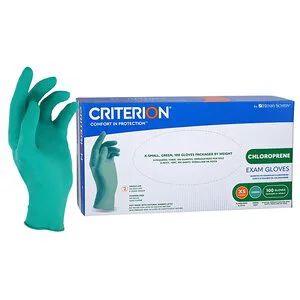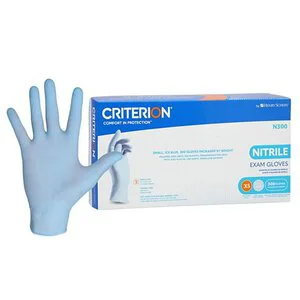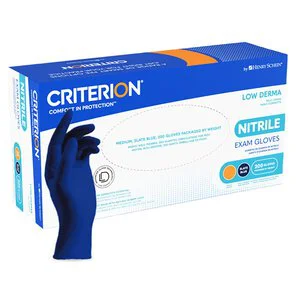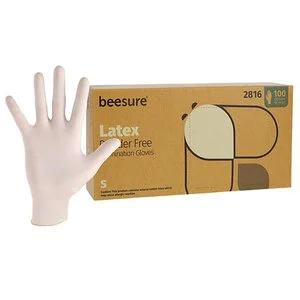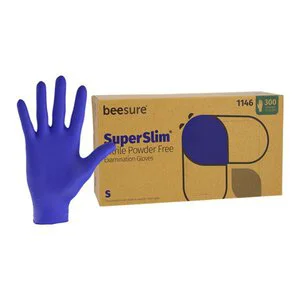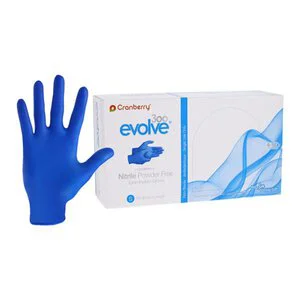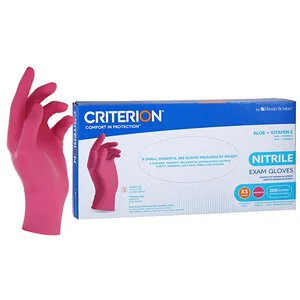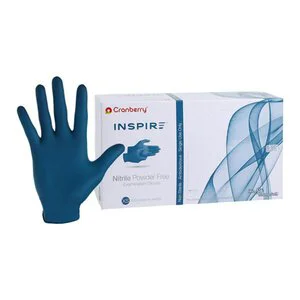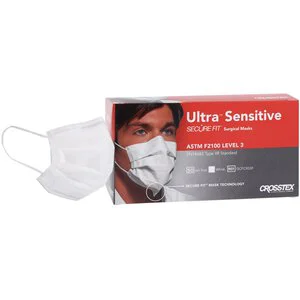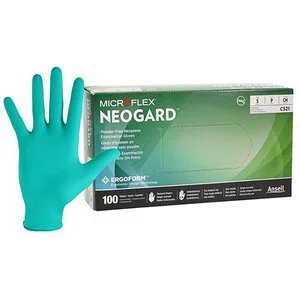Filter Products
Filter Products
Personal Protective Equipment (PPE)
As low as
$4.67As low as
$9.99As low as
$3.99As low as
$12.70As low as
$18.49What is Personal Protective Equipment (PPE) in Dentistry?
Personal Protective Equipment (PPE) refers to specialized equipment worn by dental professionals to protect against exposure to infectious agents, chemicals, and other workplace hazards. PPE is essential in dentistry to protect dental professionals and patients from exposure to microorganisms, chemicals, and other workplace hazards.
Dental professionals often come into contact with bodily fluids, such as saliva, blood, and other secretions, which can carry infectious agents such as bacteria and viruses. In addition, dental procedures may involve the use of chemicals and other hazardous materials that can be harmful if they come into contact with the skin, eyes, or mucous membranes. The use of PPE helps to minimize the risk of exposure to these hazards, protecting both the dental professional and the patient.
What types of PPE are recommended for dental professionals?
- Gloves: To protect the hands and prevent the spread of microorganisms across surfaces.
- Masks: To protect the mouth and nose from airborne particles.
- Safety Glasses and Face Shields: To protect the eyes from splashes, sprays, and droplets.
- Gowns: To protect clothing and skin from contamination.
- Surgical Caps, Bouffants, and Shoe Covers: To prevent the spread of microorganisms and protect against contamination from the environment.
What are the guidelines for wearing PPE in a dental office?
Guidelines for wearing PPE in a dental office typically include the use of masks, gloves, gowns, and eye protection to reduce the risk of infection transmission. Dental professionals need to wear the appropriate PPE based on the procedures being performed and to follow proper donning and doffing protocols to minimize the risk of contamination.
Dental offices may also implement additional measures such as screening patients for symptoms, maintaining social distancing in waiting areas, and disinfecting surfaces and equipment between patients. By following these guidelines and taking appropriate precautions, dental professionals can help to ensure the safety of themselves and their patients.
How should PPE be properly used and disposed of in dentistry?
PPE should be worn properly and according to the manufacturer's instructions to ensure adequate protection. After use, PPE should be disposed of properly according to local regulations. Proper use and disposal of PPE can help to prevent the spread of infection in the dental office, protecting both the dental professional and the patient.

